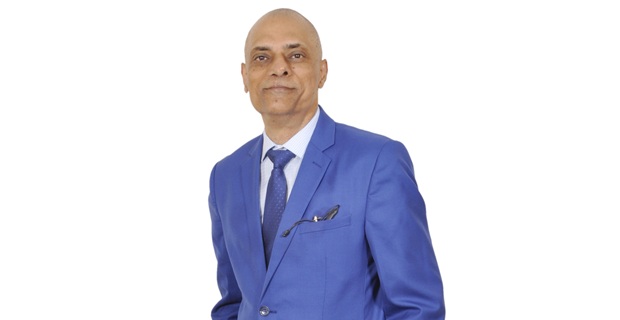Editor’s Desk
The July 2025 issue of India Empire captures an extraordinary chapter in India’s diplomatic calendar—one that saw the convergence of history, strategy, and vision on a global scale. Prime Minister Narendra Modi’s high-impact three-nation tour to Cyprus, Canada, and Croatia is emblematic of a maturing India that no longer merely participates in global affairs, but actively shapes them.
We begin this edition with an in-depth account of PM Modi’s historic visit to Cyprus, the first by an Indian Prime Minister in over two decades. At a time when geopolitics in the Eastern Mediterranean remains turbulent, India’s engagement with Nicosia emerges as a clear statement of support for shared values and mutual respect. The Prime Minister’s walk along the ceasefire line in Nicosia, alongside President Nikos Christodoulides, was a poignant reminder of Cyprus’s enduring struggle and resilience.
This wasn’t just a ceremonial visit. It was a full-spectrum diplomatic push—strategic dialogues, cultural engagements, and business roundtables all converged into a narrative of renewed bilateralism. Cyprus bestowed upon PM Modi its highest civilian honour, the Grand Cross of the Order of Makarios III, in recognition of his role as a global statesman. This also marked the 23rd such international recognition received by him—an indicator of India’s elevated stature on the world stage.
A high-powered India–Cyprus Business Roundtable in Limassol further underlined the economic momentum. Discussions ranged from India’s fintech growth to joint innovation in digital payments. Cyprus, preparing to assume the EU Council Presidency in 2026, is increasingly seen as India’s strategic entry point into the European Union. The country also voiced clear support for India’s global counterterrorism efforts, notably offering tacit endorsement for Operation Sindoor.
From Cyprus, the Prime Minister headed to Canada for the G7 Summit in Calgary. At the invitation of Prime Minister Mark Carney, India’s participation highlighted its rising influence in shaping multilateral narratives. PM Modi’s interactions with leaders from Germany, Japan, France, the UK, South Korea, and beyond demonstrated India’s pivotal position as a connector between the developed world and the Global South. Notably, India and the UK reflected on their landmark Free Trade Agreement (FTA), which opens zero-duty access to nearly all Indian exports to the UK. Meanwhile, India and Germany marked 25 years of strategic partnership with initiatives in defence, semiconductors, and green tech.
A particularly heartfelt moment came when PM Modi expressed his gratitude for the global solidarity shown over the Ahmedabad air crash tragedy, which claimed many lives including foreign nationals. This fusion of empathy and diplomacy served as a reminder that statecraft is, at its core, deeply human.
The final leg took the Prime Minister to Croatia—the first such visit by an Indian PM. Amid Vedic chants and civilisational warmth in Zagreb, India and Croatia explored synergies in pharmaceuticals, clean energy, shipbuilding, and digital innovation. The Croatian government honoured Indian heritage by gifting PM Modi a rare reprint of the first Sanskrit grammar printed in Latin—a testament to a centuries-old cultural linkage that still resonates.
Adding a significant layer to this issue, we also delve into the deepening strategic partnership between India and Brazil. In an exclusive interview, Brazil’s Ambassador to India, H.E. Kenneth Félix Haczynski da Nóbrega, describes India as a “trusted partner” with whom Brazil shares strong diplomatic chemistry. From defence cooperation and agricultural innovation to clean energy and digital infrastructure, the relationship is expanding across economic and technological domains.
The Ambassador reveals that over 73 business missions from Brazil have visited India in under two years, indicating a surge of momentum that he calls “irreversible.” The two countries are also forging ahead in climate negotiations, biofuel collaboration, and joint investment under Make in India. With mutual support for each other’s aspirations to become permanent members of the UN Security Council, India and Brazil are building a model of Global South cooperation rooted in mutual trust, multilateralism, and complementary strengths.
What emerges from all these diplomatic engagements—whether in Europe, North America, or Latin America—is a compelling narrative of India stepping into its own as a civilisational state with global responsibilities. This new India leads with both heart and head, offering the world not just economic opportunity but also a deeper connection to democratic values, sustainability, and cultural plurality.
As always, India Empire remains committed to documenting these shifts with depth and clarity. June 2025 will not just be remembered for a series of diplomatic headlines—it will be seen as the moment when India redefined its place in the world, not as a rising power, but as a shaping force.
Sayantan Chakravarty
sayantanc@gmail.com











Comments.